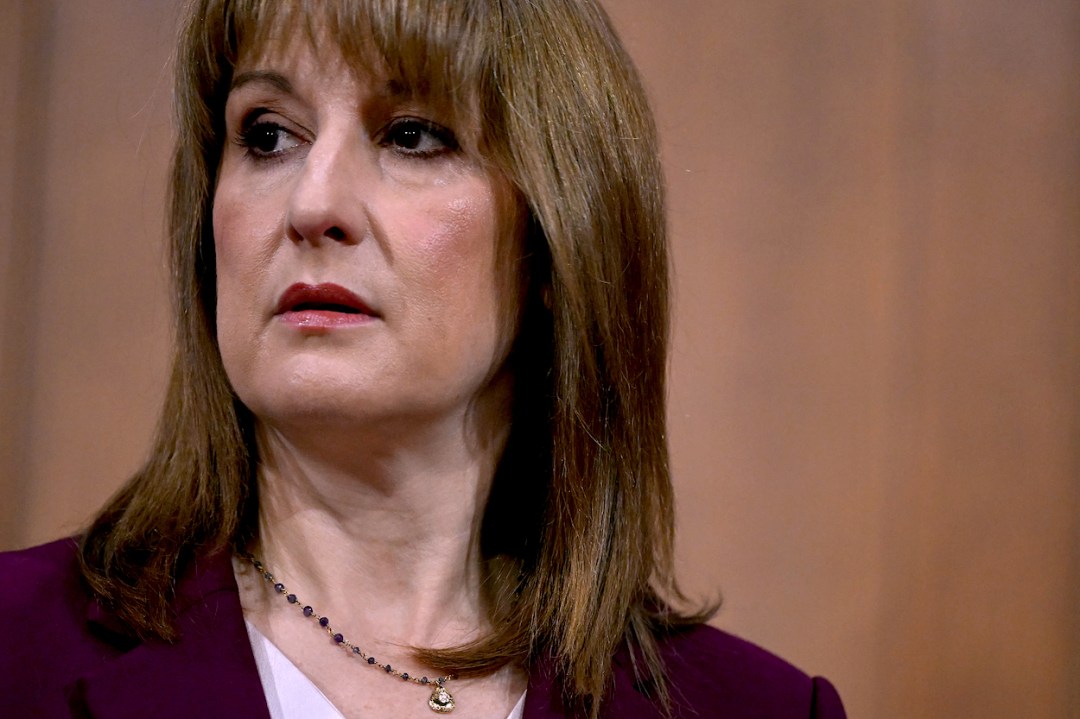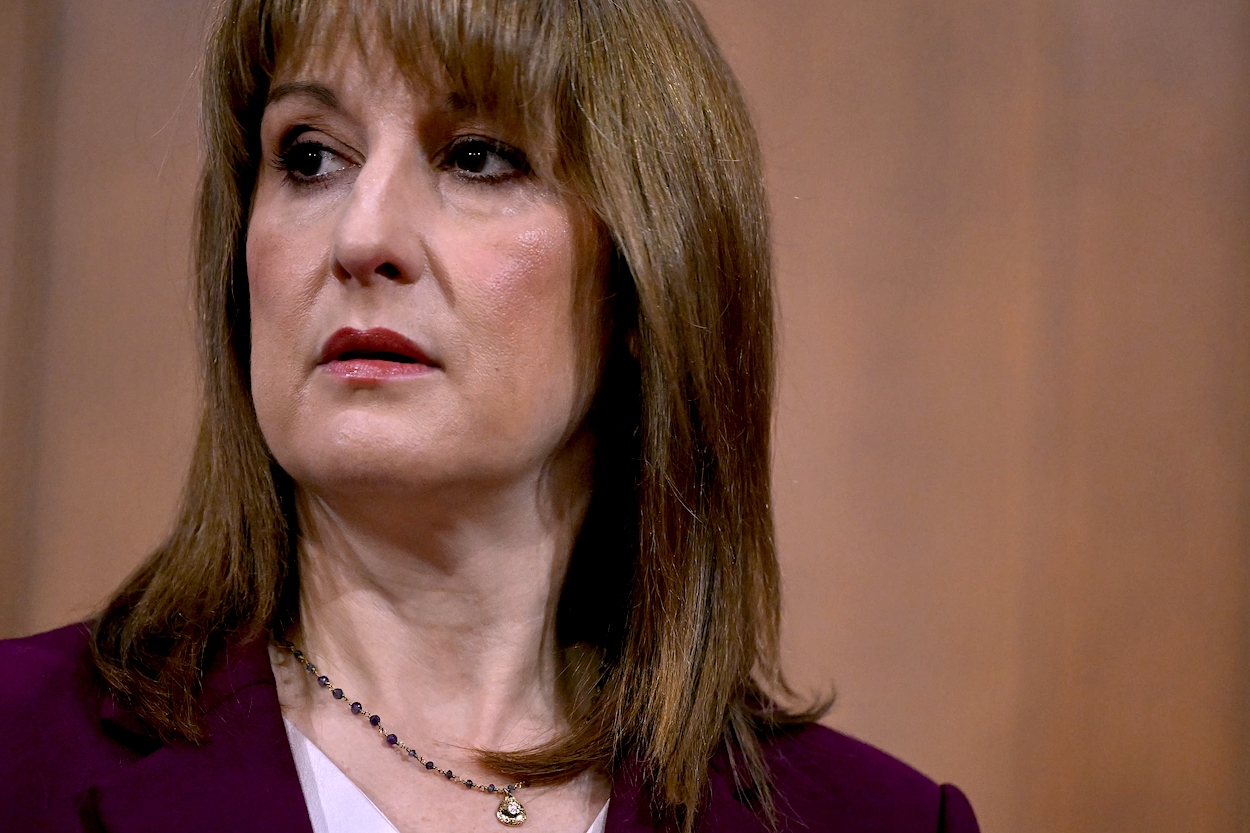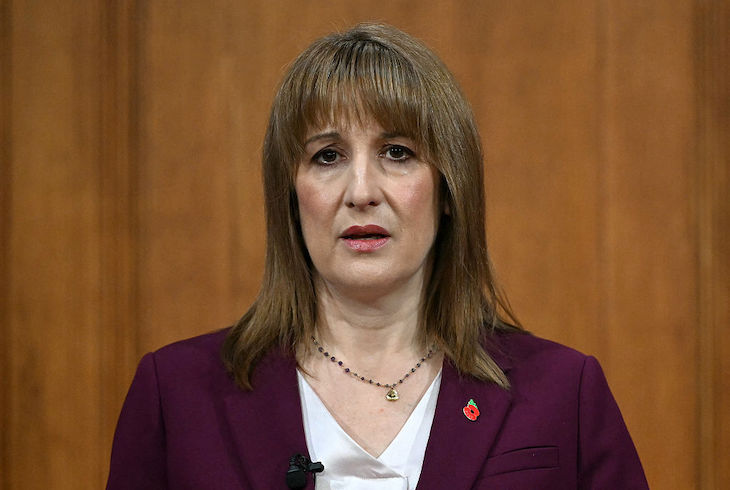With hindsight, Rachel Reeves’s first Budget in October last year looks even worse than it did at the time. It wasn’t exactly cheered to the rafters then, even by Labour’s own mass of backbenchers, but a year on it has become clear that those early decisions have damaged the country’s economic performance and blighted Reeves’s time in the Treasury.
The Chancellor has been somewhat unlucky, to be fair, but she made three crucial errors in the October Budget. First, she did not give herself enough slack if the economy took a turn for the worse. Second, she forgot that economics is not only about numbers but also about mood. Third, she failed to abide by the dictum attributed to Jean-Baptiste Colbert, the comptroller general of finances of Louis XIV: ‘The art of taxation consists of so plucking the goose as to obtain the largest possible amount of feathers with the least possible amount of hissing.’ Here are some thoughts about each of those errors.
On the first, the Reeves gave herself only £9.9 billion of headroom after the last Budget – virtually nothing. (For context, Britain’s GDP was £2,884 billion in cash terms in 2024.) As it turned out, the combination of higher spending (including on interest on the national debt) and lower revenue growth has absorbed all of that and more. Having said she had ‘fixed the foundations’, and implied there would be no further need for tax increases, Reeves has to find something between £30 billion and £50 billion in tax increases and/or spending cuts this year.
Why? Much has gone wrong, from higher-than expected debt service costs to lower-than-expected gains in productivity and increasing gilt yields. The return on 10-year gilts when Reeves took office was 4.1 per cent; now it is 4.4 per cent. Reeves’s fault? The harsh truth is that the UK now has to pay a higher rate of interest on the national debt than any other G7 nation, whereas for most of the previous decade we were middle of the pack. In any case, the detail matters less than the substance. You can quarrel with many aspects of last year’s Budget – including the sharp increases in public sector pay and the decision to load additional costs onto companies with the increase in employers’ national insurance contributions – but the killer, the thing that made a nonsense of her commitment not to make any further increases in taxation, was the lack of an adequate fiscal buffer.
The second error. When Reeves took office, she was too negative about the state of public finances. Labour clearly wanted to get its own back for the way George Osborne pinned Britain’s woes on them in 2010. But the economy was not as damaged as Reeves described. While she faced a fiscal deficit of 4.8 per cent of GDP for 2023-24, Osborne had to cope with a deficit of 11 per cent in 2009-10. Still, within a few days of taking office Reeves was talking about a black hole in the country’s finances, and consumers and companies believed her and hunkered down. The economy had grown swiftly in the first half of 2024, then barely moved forward at all in the second.
The economy was not as damaged as Reeves described
Reeves has killed what John Maynard Keynes called ‘animal spirits’ in his General Theory of Employment, Interest and Money, which he defined as ‘a spontaneous urge to action rather than inaction.’ Today, any enthusiasm in Britain’s economy is driven mainly by foreigners; nearly 60 per cent of all London-quoted shares are owned by overseas investors. That is why the FTSE100 index has boomed alongside the S&P500, the DAX and so on. The British people, of course, have seen none of the benefits: if you live abroad you don’t have to pay British taxes.
And what about Jean-Baptiste Colbert and the plucking of geese? Rachel Reeves has not just ignored his advice but flouted it. She’s played a reverse Colbert. She has generated the maximum volume of hissing while obtaining hardly any feathers at all. All increases in taxes are going to be unpopular, at least among those that have to pay them, but the really striking thing is how little money Reeves is raising in return for a lot of pain. When you allow for the costs of educating more children in the state sector, putting VAT on private schools may raise nothing at all. Abolishing non-dom status will at best make no significant contribution to the deficit, and at worst cause a serious loss of funds. The changes to IHT on farms and small enterprises will bring little revenue right now – when Reeves needs the money – and we don’t yet know the longer-term consequences of the policy.
With our Chancellor, it always seems to be all pain, no gain – and for the biggest taxpayers, deliberately so.








Comments